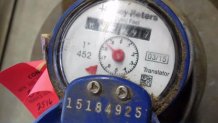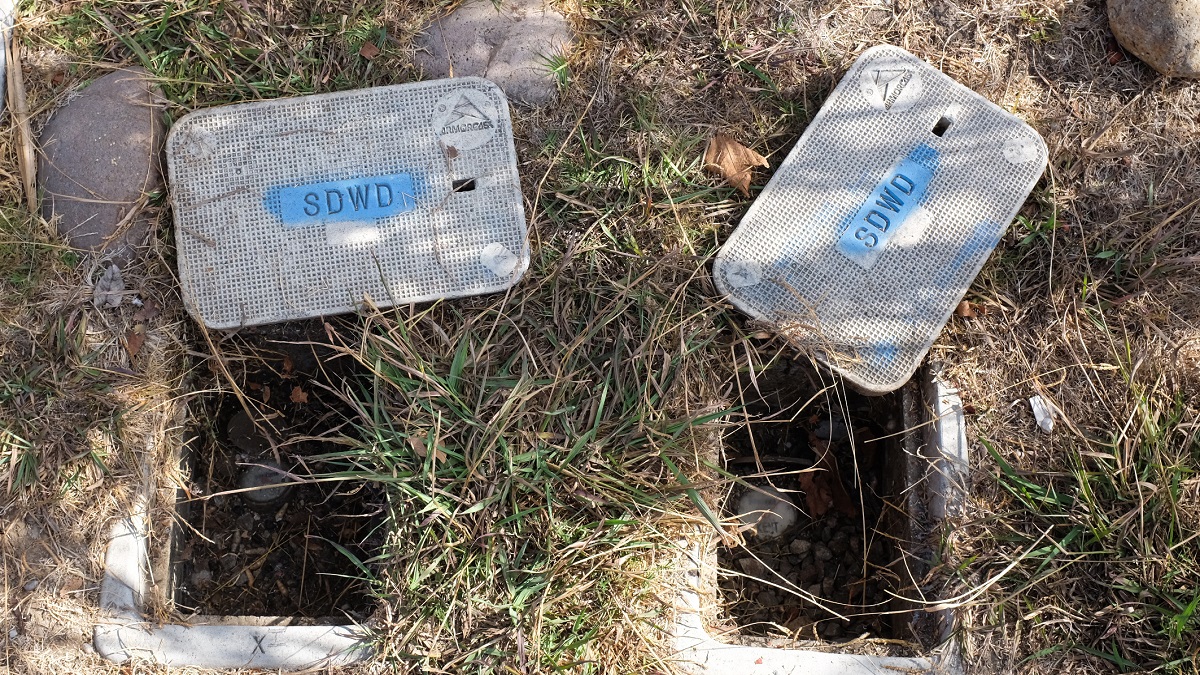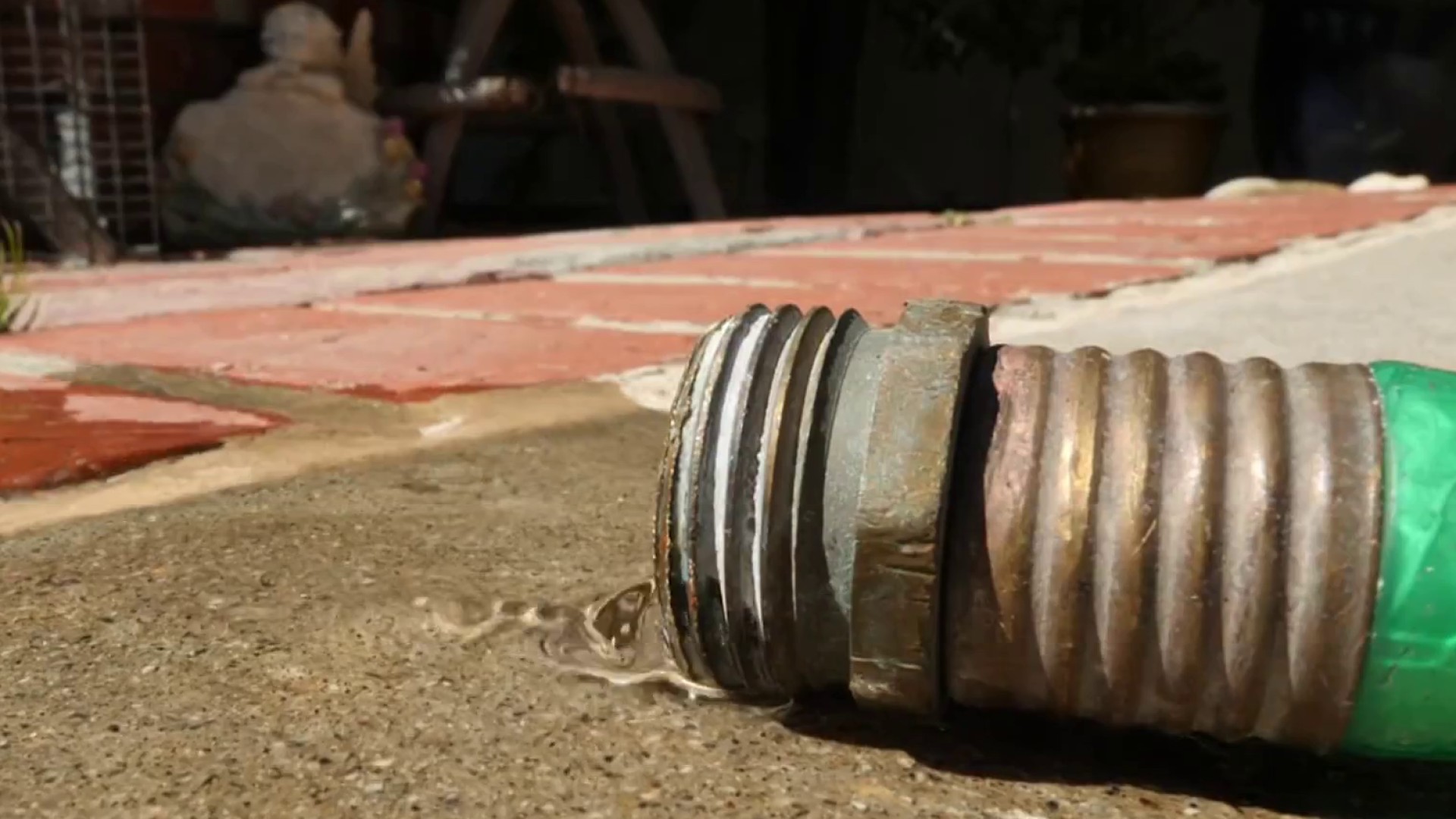City of San Diego officials say it’s going to be different this time around.
They say the smart water meter program will be run by experts who will catch glitches to prevent overcharging. That, coupled with government mismanagement and budget overruns, is why the city’s program was shut down five years ago and top public utilities staff lost their jobs.
What Are Smart Water Meters and How Does the City Bill Customers?
In San Diego, water utility customers are supposed to get a bill every two months. A Department of Public Utilities worker physically visits customers and reads the meter to determine usage.
Get San Diego local news, weather forecasts, sports and lifestyle stories to your inbox. Sign up for NBC San Diego newsletters.
In 2012, San Diego began rolling out smart water meters, also called Advanced Metering Infrastructure (AMI). Those devices are designed to transmit utility usage data to the water department wirelessly, eliminating the need for a physical visit. In some cases, older water meters were retrofitted with technology to transmit that data. In others, new meters replaced existing ones.

So What Went Wrong With the Program?
A few years into the program rollout, customers began reporting irregularities with their bills. During a nearly two-year investigation, NBC 7 found the city was aware of a manufacturing glitch with one of the meter vendors but did not inform the public. In addition, some retrofitted meters resulted in meter misreads and astronomical bills for some ratepayers. More than 20,000 San Diegans were collectively overcharged millions of dollars for water usage.
NBC 7 spoke with multiple customers during that time who got bills that were double or triple their usual amount or even worse.
“My bill was on autopsy, so I didn’t quite notice it at first,” Tom Armstrong said in 2018. “It went from about $230 every two months, and it jumped all of a sudden to $750.”
“Our bill for this last period is $4,831,” Pacific Beach homeowner Laura Ambrose said. “I actually did a calculation and figured out the amount of water they claimed we were using would be the equivalent of filling a swimming pool every other day.”
Initially, the city publicly denied the existence of widespread problems with the new meters but eventually admitted what was going on. In 2018, the city shuttered the program after switching on only 6% of its smart water meters.
The City’s New Plan
In an interview with NBC 7 Investigates this month, city of San Diego spokesperson José Ysea said the city acknowledges what went wrong five years ago.
“Obviously, things didn’t go very well the first time around,” Ysea said. “Unfortunately, we didn’t have the expertise behind that.”
Ysea said the city didn’t know how to handle installation glitches, so they piled up until they became overwhelming.
“We understand that a lot of residents, you know, were burned, basically, during the last process,” Ysea said. “And that’s very unfortunate. We feel so bad about that. But that’s one of the reasons we’re doing this re-implementation in a slow and careful manner.”
We’re not going to rush this by any means.
Joe LaCava, San Diego City Council
Ysea said smart meters could solve another problem that NBC 7 Responds reported on just last month. The city stopped billing San Diegans with questionable water meter readings, but it can take months for the short-staffed public utilities department to inspect a flagged meter. So by the time San Diegans get billed again, they often owe hundreds — if not thousands — of dollars.
“That’s one of the things we’re trying to avoid here: Shocking residents with huge bills because we took too long in the billing cycle to alert them of a discrepancy,” Ysea said.
The new meters will allow everyone to check billing abnormalities in real-time, Ysea said, instead of waiting two months for the next water bill. This time, he said, the city will have help with the big switch to smart water meters. Late last year, consultant firm Jacobs won the bid to guide San Diego through a do-over.
“We’ve seen it work in other agencies; we just need it to make it work here,” Ysea said.
If approved by the full city council and Mayor Todd Gloria, Jacobs will work with the city and meter manufacturer Badger Meter to slowly redeploy the program. Councilman Joe LaCava (District 1) chairs the city’s Environment Committee, which last month voted in favor of buying more smart water meters from Badger.
“This is an opportunity for us to be much more efficient,” LaCava told NBC 7. “The public should be very upset when they get overcharged. That’s really unacceptable, and that’s what we really need to work on and rebuild that confidence going forward.”
A civil engineer, LaCava said the next rollout will be more transparent with potential installation or billing problems.
“I have a high degree of confidence,” LaCava said. “I think we’ve learned some valuable lessons about how things didn’t work back in the day and we’re not going to repeat those.”
Right now, a little less than half of the city’s 280,000 water meters are capable of becoming automatic. Of those, only 23,000 water meters are already wirelessly sending data to the city.
The city said the timeline for the program’s redeployment isn’t set and that its work with Jacobs on the timeline will begin this month.
“We’re not going to rush this by any means,” LaCava said.
The city’s contract with Jacobs is for $3 million. The contract with Badger to install new meters or replace existing water meters would cost no more than $30 million over the next five years, and only if the contract is renewed yearly.
How You Can Investigate Irregular Billing
The city of San Diego published information on how you can read your water meter if you’re curious how much water you’re using daily or if you believe your bill is inaccurate.



